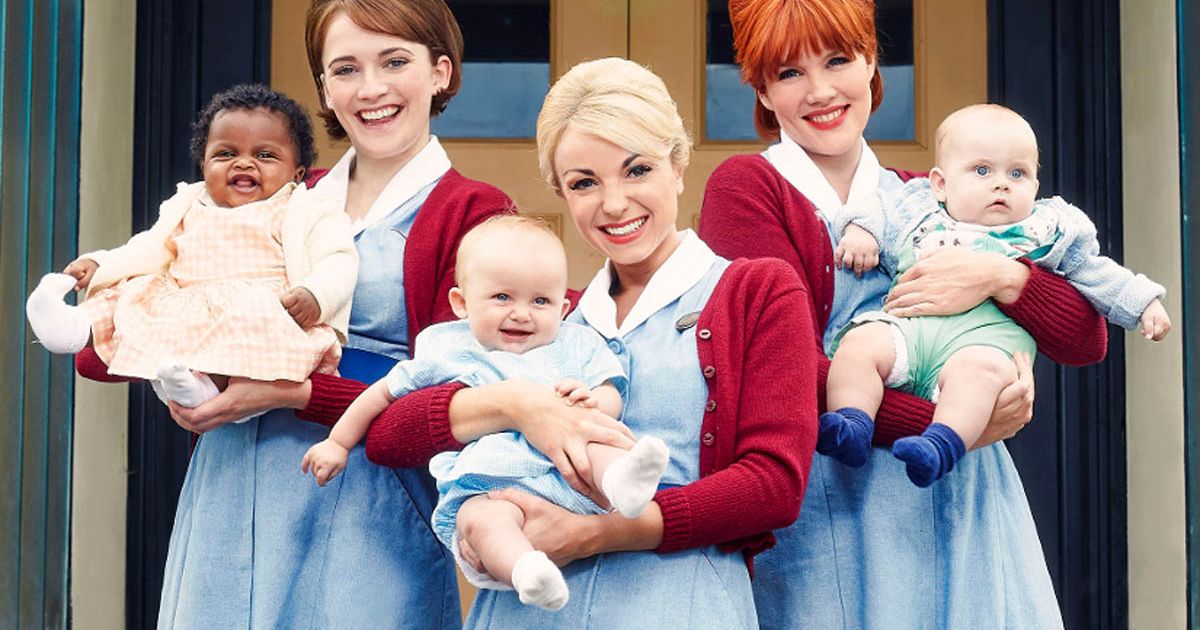
Isn’t it devastating that this country STILL can’t provide women with the most basic of requirements when it comes to having a baby? It’s nearly a year on from the National Maternity Review which highlighted the importance of continuity of care for women in labour. A further report, release this week, by the NCT and National Federation of Women’s Institutes demonstrates that the situation is as bad as ever, saying that 88% of women who were interviewed declared that they were not supported by someone they had met prior to their birth. Further to that many women were found to have suffered due to systemic staff shortages and restricted choices. Women want a known, named midwife to be with them during the birth of their child or children for safety, reassurance and confidence – is it really that difficult? Whilst we may have moved on in many positive ways since the Call the Midwife days, a show based on the reality of midwifery provision back in the 1950’s, there is a huge yearning for the familiarity of a Sister Julienne, Patsy, Barbara, Trixie, or even Nurse Crane!
Sadly it does seem to be a major challenge. South West London has been selected as one of the pioneer trusts for making positive changes to maternity provision based on Baroness Cumberledge’s recommendations in the Maternity Review last year and I am privileged to be sitting on the Continuity of Care workstream. It is an amazing opportunity to hear firsthand how maternity provision works in a range of different hospitals and trusts, plus the challenges and obstacles faced by the Heads of Midwifery who are charged with the responsibility of creating working models of maternity provision. These impressive women have consistently aimed to increase continuity of care and talk with nostalgia of times past when they were part of community teams delivering a much more women-centred care to their clients. With a national shortage of midwife numbers, huge financial pressures and increased demand for services it seems their challenge is nigh-on impossible. However, we are excited to have the opportunity to put many great heads together and see what can be created, which might be rolled out across the country once the pilot phase is complete.
In the short term it seems that doulas could be an answer to this difficult conundrum. Although non-medical, the familiarity of a doula through pregnancy and birth might lead to increased feelings of safety, confidence and relaxation for women. A doula may well have worked with a midwife before and be able to reassure the woman she is supporting. A doula will have helped her client negotiate the landscape of maternity provision in advance of birth so that the woman feels more familiar with her birthplace choice and some of the personnel there. A doula will bring a familiar voice, knowledge of a woman’s preferences, expectations and fears, and be able to advocate for her if necessary. Doulas are there to provide essential emotional, practical and information support – a bridge across unfamiliar waters to a new and strange land.
For more information about doulas go to Nurturing Birth
To find a doula go to Nurturing Birth Directory
Follow us on Facebook, Instagram or Twitter for more related content!
Call the Midwife is back this Sunday 22nd January – hooray!!!






